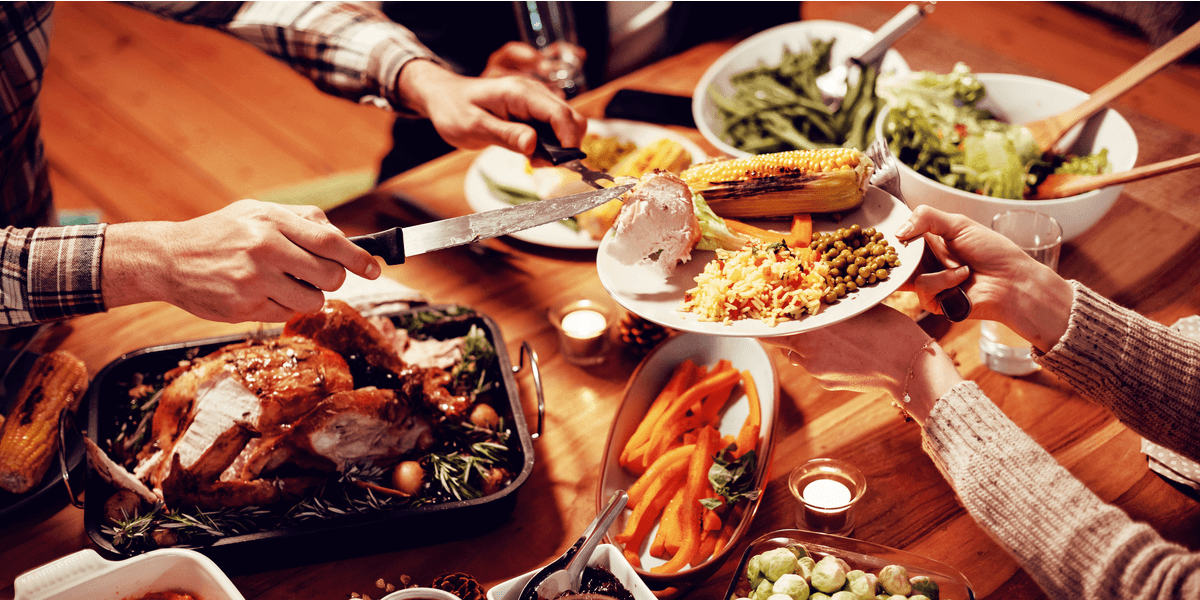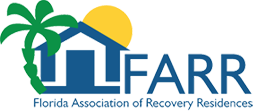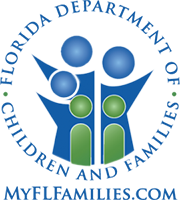As much as we hate to admit it, getting together with family over the holidays can be anxiety-provoking and stressful. For a lot of people, this may be the first time they’ve seen family over the holidays since before COVID, adding an additional layer of stress. The hustle and bustle of celebrating with family can be very overwhelming for our loved ones learning to adjust to life without the use of drugs or alcohol which may have made them more comfortable in social situations. It is important to remember to be understanding and supportive while they work through this difficult transition.
Tips for A Happy and Healthy Thanksgiving with a Loved One in Recovery
Being the support your loved one needs right now is the true spirit of the holidays, and an easy way to show them how thankful you are for their recovery. Your welcoming and empathetic support could be what keeps them from making an impulsive decision if they are struggling. Here are some ways to support your loved one:
- When planning thanksgiving, take a moment to acknowledge your thoughts and feelings about spending Thanksgiving with your loved one in recovery. Addiction robs friends and family of the person they once knew, and often there is damage to those relationships as the addiction rages on. You may harbor some resentment or have unresolved conflict to work through. Addiction is painful and hopeless for everyone involved so it is normal to experience a wide range of emotions, but the most important thing is to respectfully communicate with each other in order to repair the damaged relationship.
- Have an open, honest conversation with your loved ones regarding their comfort level in celebrating with friends and family. If they are still early into recovery, spending time around people who are drinking may seem impossible to them, and that is perfectly okay and valid! Having self-awareness is what will allow your loved one to be successful in recovery, so let this be a decision they make on their own. If you plan to serve alcohol, give them the courtesy of letting them know so they do not feel blindsided when they get there.
- Ask your loved one if they have any drink requests and be sure to have several non-alcoholic options available.
- Encourage them to bring a friend. Chances are your loved one has met others who are in recovery and having that support to help navigate uncharted waters can decrease some of the tension they may be experiencing.
- Ask how you can best support them. Whether that is providing time away from the festivities, space from others, a listening ear, or a ride to an AA meeting, let your loved ones know they can count on you. However, this does not mean you should enable in any way to make Thanksgiving go smoother. Your loved one and them alone are responsible for their recovery, and regardless of how badly you want to help, enabling is only hurting them in the long run.
Tips for People in Recovery at Thanksgiving
- Be honest with yourself about your readiness to be in a potentially triggering situation. There is nothing wrong with admitting you’re not ready for that if you’re not.
- Plan ahead! Identify what may be triggering for you and have a plan for what you will do should you encounter those things. Communicate any concerns you have, or tell a trusted family member how they can best support you if you are having a tough time. Let your sponsor know you’re attending and ask them to be available if you need them.
- Relapse occurs in stages, know what they are and what you can do if relapse occurs.
Addiction Treatment and Recovery Support at The Source
The Source Addiction Treatment Center in Fort Lauderdale, FL provides compassionate, leading-edge addiction treatment and recovery support. Backed by several reputable sources such as The Joint Commission, the Better Business Bureau, and the Florida Association of Recovery Residences, The Source has been instrumental in helping people achieve sobriety. They offer several levels of care to support people in all walks of recovery and clients are offered effective trauma therapies to help heal from the root causes of addiction. For more information on programs offered at The Source, please call (800)204-0418 or visit online at www.thesourceaddictiontreatmentcenter.com.

 The Source quite frankly saved my life and got me back on track, never giving giving up on me. When you are thinking about and looking through all of the different places to go for treatment this is the one that should stand out from the rest.
The Source quite frankly saved my life and got me back on track, never giving giving up on me. When you are thinking about and looking through all of the different places to go for treatment this is the one that should stand out from the rest.




























